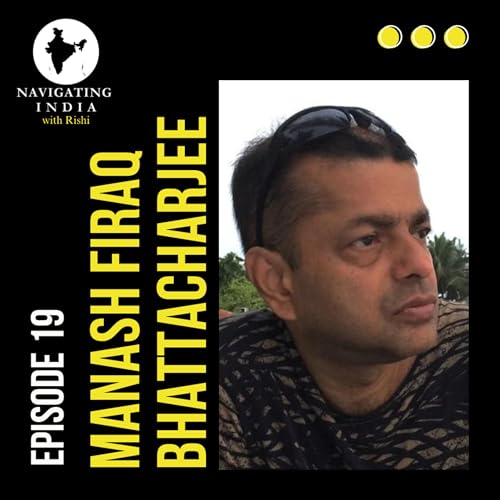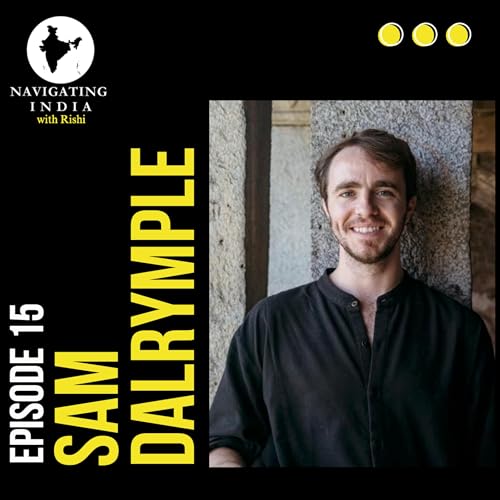Purnima Tammireddy is a writer, translator, publisher, and full-time software engineer. For nearly two decades, she has contributed to Telugu literature through short stories, book reviews, and articles on technology, as well as by translating fiction and non-fiction from Hindustani, English, and Kannada into Telugu. She recently translated Volga’s ‘On the Banks of the Pampa’ from Telugu to English.Purnima joins us in this episode to discuss her literary journey, life lessons, her obsession with Manto and partition literature, the Telugu reading community, the craft of translation, gully-cricket, and much more. Sit back and enjoy.References:Purnima Tammireddy: Instagram, FacebookOn the Banks of the Pampa by Volga, translated from Telugu by Purnima Tammireddy ఎలమి | Elami | Telugu Publishing HouseEmotional Pregnancy by Purnima TammireddyJonathan Livingston Seagull by Richard BachThe Sound of the Kiss, or The Story That Must Never Be Told by Pingali Suranna, translated from Telugu by Velcheru Narayana Rao and David ShulmanJabberwock, The Middle Stage, Kiran Kumar Chava, Lekhini.orgSaadat Hasan Manto, Amrita Pritam, Ismat Chughtai, Sughra Humayun Mirza, Premchand, Harishankar Parsai, Srinatha, Yandamuri Veerendranath, Anita Desai, Ruskin Bond, R.K. Narayan, Italo Calvino, Franz Kafka, Jose Saramago, Chandrahas Choudhury, Gulzar, Arshia Sattar, Vanamala Viswanatha, J DevikaBride in the Hills by Kuvempu, translated from Kannada by Vanamala ViswanathaPustakam.netSutradhar theatre group presented a live dramatised reading of Sadat Hasan Manto’s ‘Siyaah Haashiye’Mahaprastanam by Sri SriThe Sixth River: A Journal From The Partition Of India, originally published as Chhata Darya by Fikr Taunsvi, translated by Maaz Bin BilalManto by Nandita Das, Pathala Bhairavi (story and dialogues by Pingali)Ramayan by Ramanand Sagar, Mahabharat by B.R. ChopraNaga-Mangala by Girish Karnad, Ghachar Ghochar by Vivek Shanbhag, translated from Kannada by Srinath Perur
続きを読む
一部表示
 2025/11/292 時間 51 分
2025/11/292 時間 51 分 2025/11/182 時間 9 分
2025/11/182 時間 9 分 1 時間 23 分
1 時間 23 分 1 時間 23 分
1 時間 23 分 2025/08/312 時間 50 分
2025/08/312 時間 50 分 1 時間 2 分
1 時間 2 分 2025/08/1359 分
2025/08/1359 分 2025/06/2742 分
2025/06/2742 分
